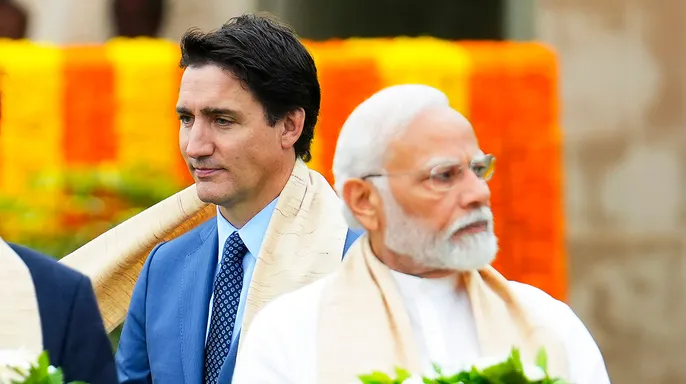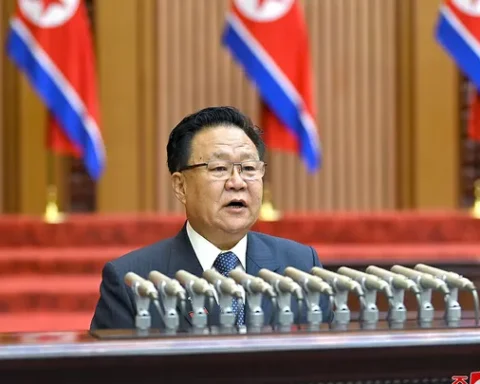The diplomatic dispute between India and Canada has escalated over the past year, culminating in both countries expelling top diplomats amid allegations of involvement in the assassination of Sikh activist Hardeep Singh Nijjar. Experts warn that this diplomatic standoff will likely delay any meaningful recovery of bilateral relations and could hinder India’s global ambitions.
Escalating Tensions Over Nijjar’s Killing
In June 2023, Nijjar, a leader of the banned Khalistan movement in India, was shot dead outside a Sikh temple in British Columbia. Canadian police claim to have uncovered a campaign of interference by Indian agents targeting Canadian citizens, with six individuals tied to the case. Canadian Foreign Minister Mélanie Joly stated that Canada has “ample, clear, and concrete evidence” against these officials.
In retaliation, India expelled Canada’s acting high commissioner and other diplomats. The Indian Foreign Ministry dismissed Canada’s allegations, calling them absurd and politically motivated by Prime Minister Justin Trudeau’s government ahead of national elections.
Impact on Diplomatic Relations
The diplomatic conflict has damaged relations that were already strained. “India-Canada bilateral relations, which have been on a downslide since last year, will take a further hit which will take a long time to repair,” said Praveen Donthi, a senior analyst with the International Crisis Group.
India’s demand that Canada reduce its diplomatic staff by 41 officials last year signaled its frustration with Ottawa’s alleged tolerance of Sikh separatist activities. Canada, home to a significant Sikh community, has long been a point of concern for India regarding the resurgence of the Khalistan movement.
India’s Global Ambitions Compromised
The tension between India and Canada could extend beyond the two nations. “New Delhi is extremely sensitive to any external criticism of its policies,” said Michael Kugelman from the Wilson Center. He noted that the public nature of Canada’s allegations intensified India’s response. “The relationship is on life support right now,” he added, highlighting that India’s concerns about Sikh separatism are “holding the relationship hostage.”
Donthi emphasized that while India reacts more aggressively toward Canada due to lower geopolitical stakes, a similar dispute with the U.S. has been handled with more diplomacy. “The U.S.-India relations also have a larger geopolitical framework,” Donthi said, noting India’s interest in maintaining strong ties with the U.S. amid shared concerns about China’s growing assertiveness.
Long-Term Implications for India
Experts caution that the standoff may also harm India’s global ambitions. Donthi remarked that the fallout “will impact the growing strategic understanding between the U.S. and Western democracies.” He added, “This will throw a spanner in the works for India’s great power ambitions.”
India’s aggressive diplomatic posture may serve dual purposes—sending a message to both the international community and Modi’s domestic supporters. “Any public criticism is anathema to the Indian government, which is personified by Modi,” Donthi said.
A Diplomatic Roadblock to Progress
The ongoing diplomatic rift casts uncertainty over the future of India-Canada relations. Both nations have much to gain from cooperation, but recovery may take years, with trust eroded and tensions still high. This conflict has the potential to reverberate far beyond their borders, complicating India’s efforts to position itself as a rising global power.







